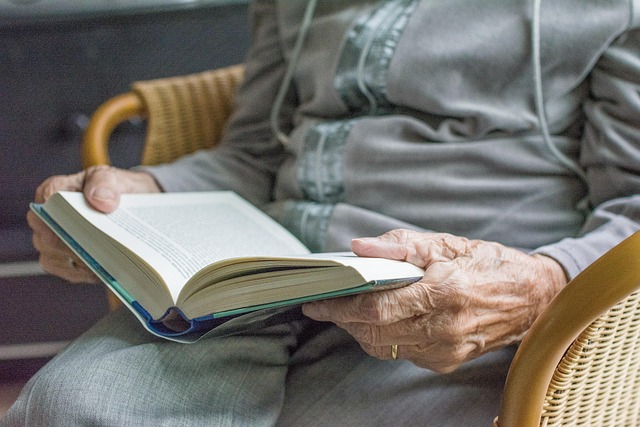Elderly Companion Services provide in-home care, offering companionship, personal assistance, and emotional support to seniors. These services combat loneliness, isolation, and promote independence, enhancing overall well-being. Choosing the right service involves assessing staff qualifications, care personalization, scheduling flexibility, client testimonials, pricing transparency, and emphasis on companionship.
As our loved ones age, ensuring their well-being and comfort at home becomes a top priority. Enter elderly companion services, a vital support system designed to enhance senior living. This article explores how in-home care not only improves quality of life but also provides a sense of security and companionship. We’ll delve into the benefits, considerations when choosing a program, and highlight key aspects to ensure the best fit for your elderly loved ones, focusing on the growing importance of elderly companion services.
- Understanding Elderly Companion Services
- Benefits of In-Home Care for Seniors
- Choosing the Right Companionship Program
Understanding Elderly Companion Services

Elderly Companion Services refer to a range of supportive care options designed to enhance the quality of life for seniors in the comfort of their homes. These services cater to the unique needs of older adults, ensuring they remain independent and engaged while receiving assistance with daily tasks. From friendly companionship during meals to help with transportation and personal care, companion services offer a safety net that enables elders to age gracefully.
Understanding Elderly Companion Services involves recognizing their multifaceted benefits. They not only address physical needs but also combat loneliness and isolation, which are significant health concerns for the elderly population. By providing social interaction and emotional support, these services contribute to improved mental well-being. Moreover, they empower seniors to maintain their sense of purpose and independence, allowing them to fully embrace the golden years.
Benefits of In-Home Care for Seniors

In-home care offers a multitude of benefits for seniors, allowing them to age comfortably in familiar surroundings. Unlike traditional care facilities, elderly companion services provide personalized attention tailored to individual needs and preferences. This can include daily assistance with tasks like meal preparation, cleaning, and medication management, ensuring a higher quality of life and independence for the elderly.
Additionally, in-home care fosters social interaction, which is vital for mental well-being. Companions can engage in meaningful conversations, play games, or participate in leisure activities alongside seniors, reducing feelings of isolation and loneliness. Such companionship services not only contribute to emotional health but also help maintain physical mobility by encouraging regular exercise and social involvement, ultimately enhancing the overall longevity and happiness of the elderly population.
Choosing the Right Companionship Program

Choosing the right elderly companion services is a crucial decision that requires careful consideration. Look for reputable organizations offering personalized care tailored to your loved one’s unique needs and preferences. Research their staff-to-client ratios, ensuring adequate attention and safety. Check if they provide training in elder care, first aid, and CPR.
Read client reviews and testimonials to gauge satisfaction levels. Verify if the program offers flexible scheduling, regular check-ins, and emergency response services. Ensure transparency in pricing and contracts, avoiding hidden fees. Ultimately, select a program that fosters companionship, promotes independence, and enhances the overall well-being of your elderly relative.
Elderly companion services at home offer a vital support system for seniors, enhancing their quality of life and independence. By understanding the benefits and carefully choosing a reputable program, we can ensure our loved ones receive the best care possible in the comfort of their own homes. These services are not just about companionship; they’re about fostering a sense of community and dignity for our aging population.
